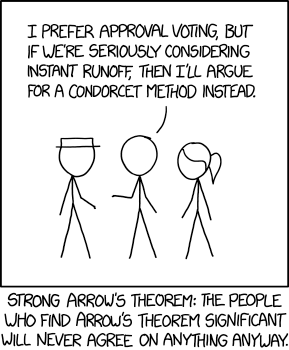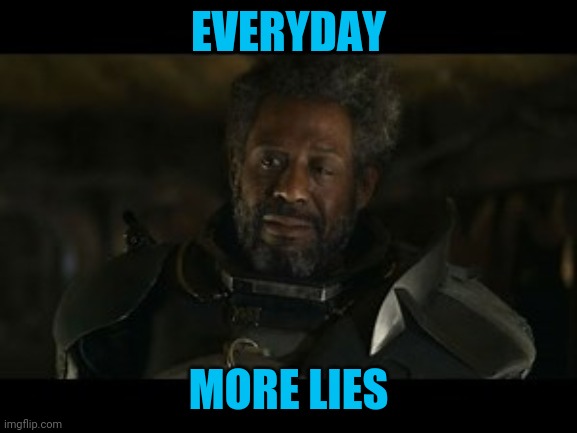And any member of the peoples party or progressive caucus is absolutely fine with allowing poor people to starve our of respect for private property!!
What's that got to do with this?
False equivalency.
Not at all. The Suffragettes seemed like dangerous radicals in their time, upending centuries of assumptions about proper gender roles -- public sphere for men, domestic sphere for women. "But we've never done things that way!" PR is a much less radical change than that.
43 states tell you go fuck yourself with your PR bullshit.
What do you do now peck??
You try it in the remaining seven. Depending on how it works out there, the other 43 might eventually reconsider.
That is exactly how the 19th Amendment was passed -- some states out West tried letting women vote, and society didn't collapse, and all of a sudden it didn't seem like such a radical idea any more.
Last edited:

